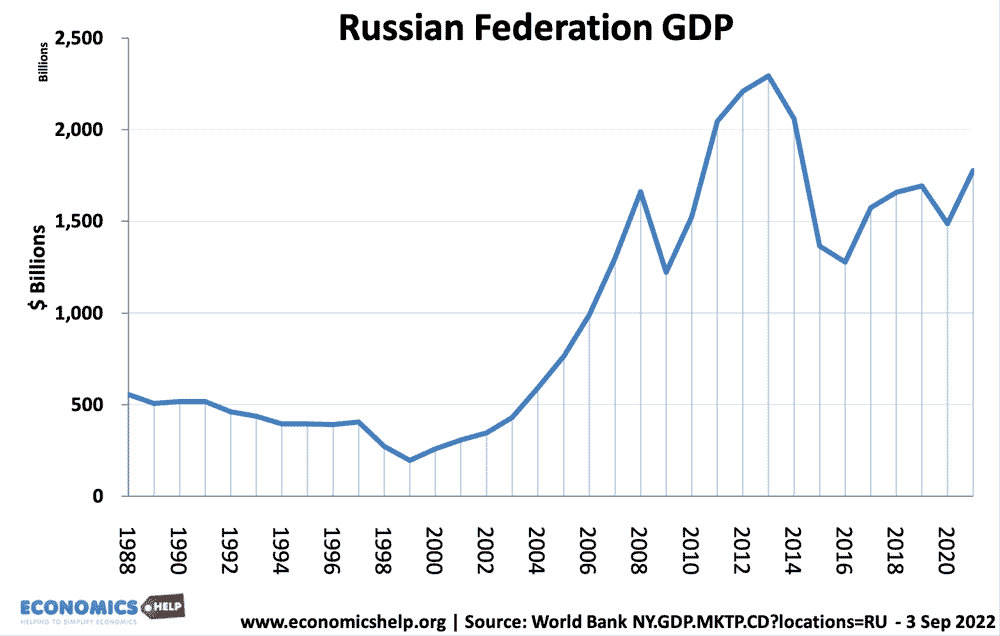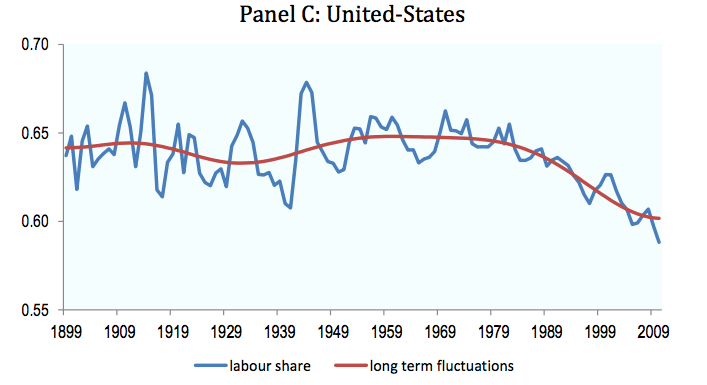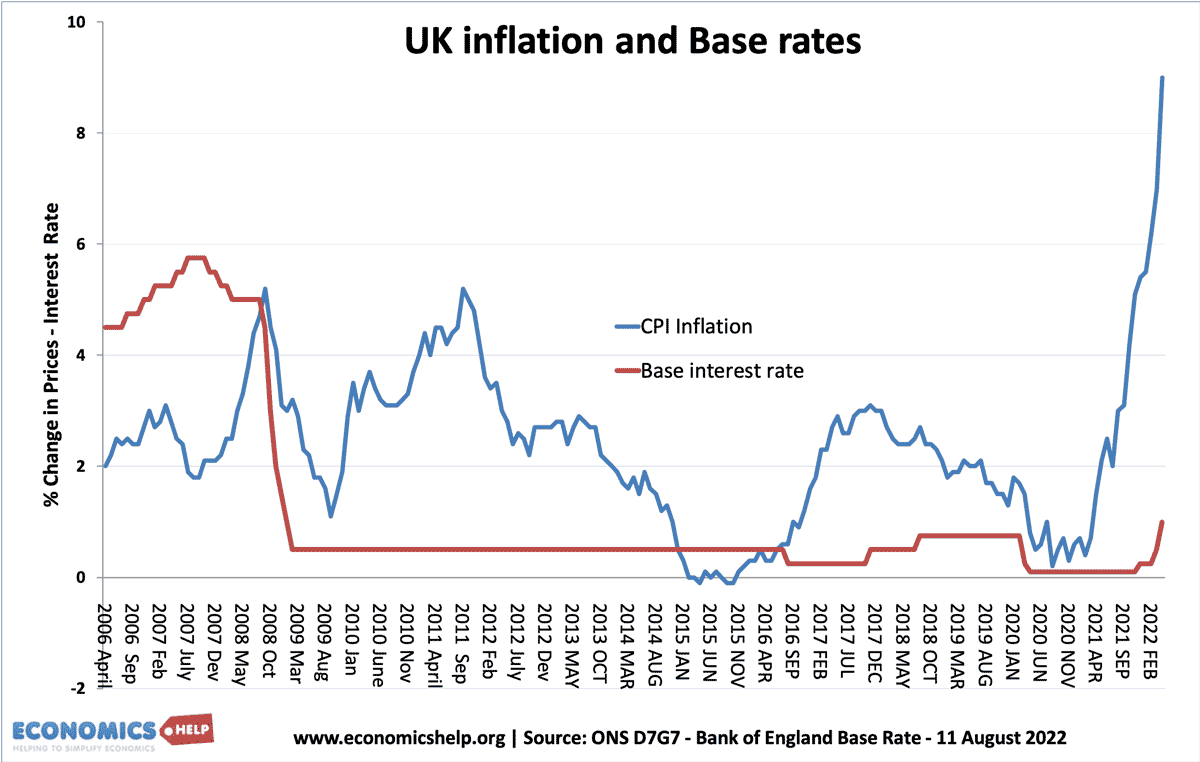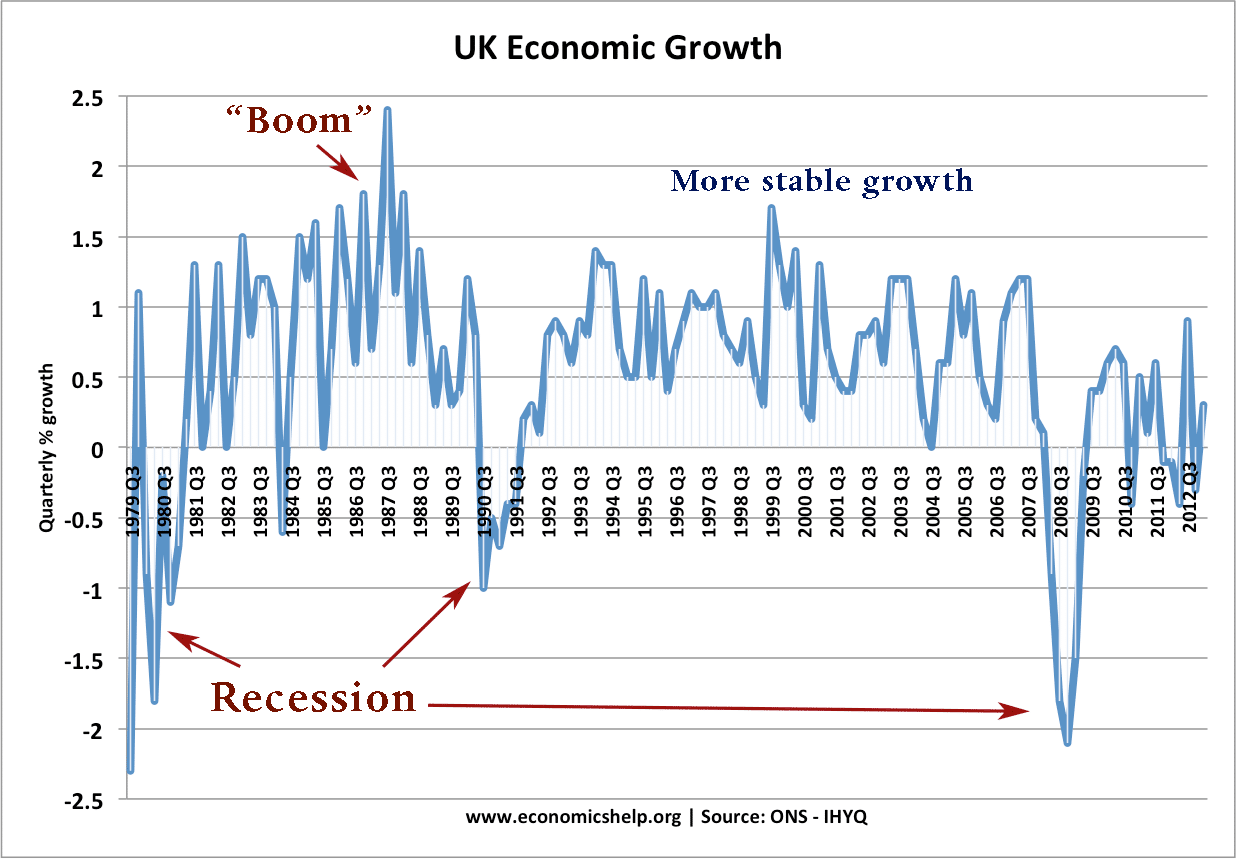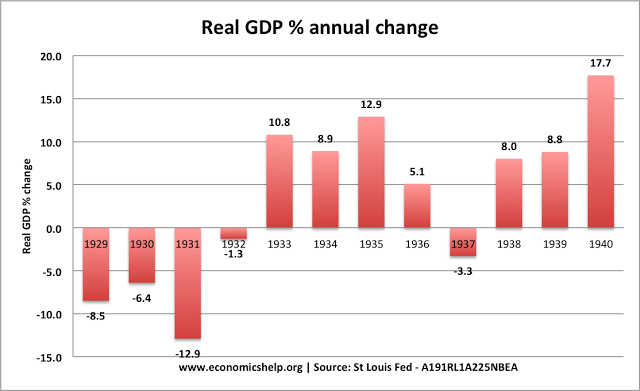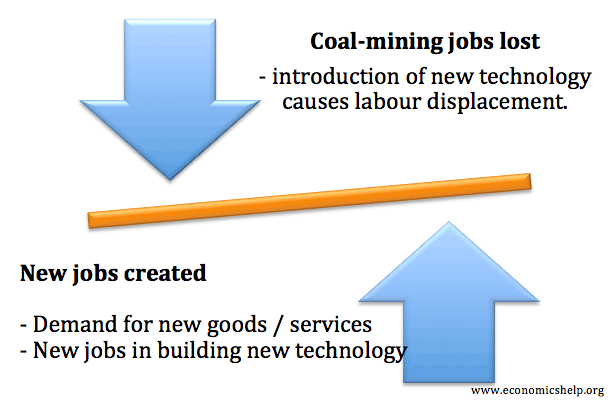End of Russian Fossil Fuel industry
The Russian fossil fuel industry is facing a real crisis. Western sanctions and Russia’s own embargo on exports to the West mean that the industry is facing long-term decline. Already there have been reports of ‘capping’ of natural gas facilities. This means that natural gas is burnt at its source because the industry cannot sell …

